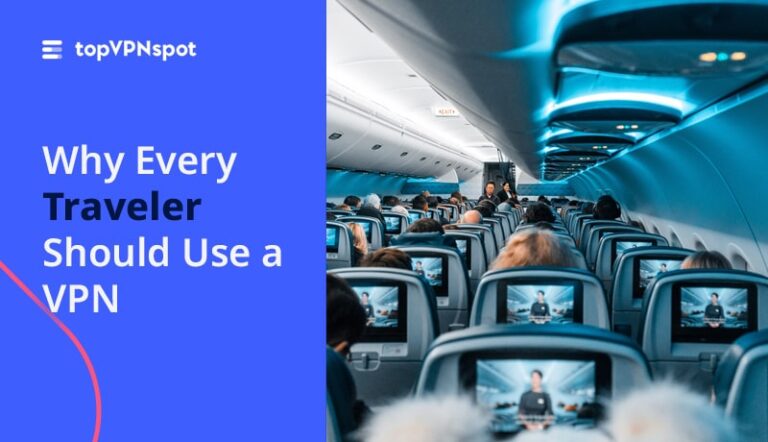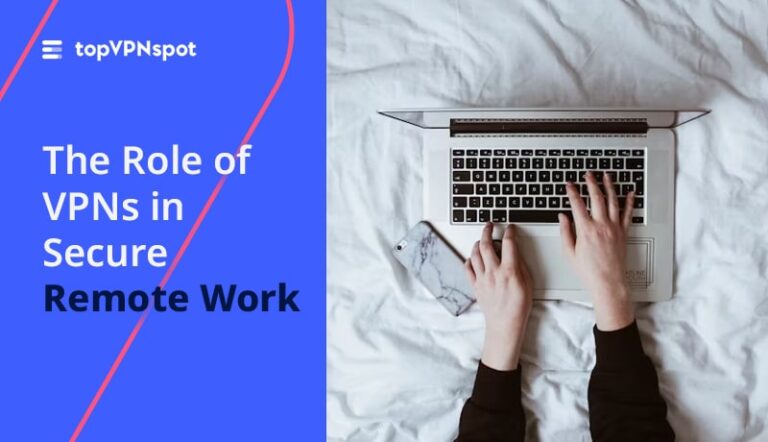Have you noticed how, in some parts of the world, VPNs are suddenly a hot topic of discussion for all the wrong reasons? Countries are increasingly imposing restrictions or outright bans on these essential tools. But why are VPNs being targeted, and what does this mean for users? Let’s unravel the mystery behind the VPN ban wave and explore the implications for our digital freedom.
Why Are VPNs Under Fire?
Ever wondered why some governments are so keen on restricting VPN usage? The answer lies in control. VPNs empower users to bypass government censorship, access restricted content, and maintain privacy in an era of pervasive surveillance. For authoritative regimes, this is a threat. They see VPNs as tools that can undermine their ability to control information flow and monitor citizens’ online activities.
In countries like China, Russia, and Iran, the internet is tightly regulated. These governments have long-standing concerns about maintaining political stability and controlling dissent. By banning or restricting VPNs, they aim to tighten their grip on information and prevent the spread of ideas they deem dangerous or subversive.
The Great VPN Ban: A Global Trend
The VPN ban wave isn’t confined to a single region—it’s a global trend. Let’s take a closer look at some notable examples:
- China: Known for its “Great Firewall,” China has always been at the forefront of internet censorship. In 2017, the government began a comprehensive crackdown on VPN services, mandating that only government-approved VPNs could operate. This move was part of a broader campaign to strengthen cyber sovereignty and control over the internet.
- Russia: In 2019, Russia enacted a law requiring VPN providers to block access to websites banned by the government. Non-compliant VPNs face significant fines or complete shutdowns. This legislation aims to prevent the use of VPNs to access prohibited content, such as opposition websites and foreign news outlets.
- Iran: In response to widespread protests and social unrest, Iran has repeatedly restricted VPN access to control the narrative and limit communication with the outside world. During the 2019 protests, the government imposed a near-total internet blackout, highlighting the critical role VPNs play in maintaining connectivity during crises.
The Impact on Users
So, what does this crackdown mean for VPN users? For starters, accessing a VPN in these regions becomes significantly more challenging. Governments employ sophisticated techniques to detect and block VPN traffic, forcing users to rely on ever-evolving methods to stay connected.
Moreover, the legal risks associated with using a VPN in restricted countries cannot be understated. In some cases, individuals caught using unauthorized VPNs may face hefty fines or even imprisonment. This creates a chilling effect, deterring people from using VPNs and thereby limiting their access to uncensored information and secure communication channels.
Navigating the VPN Ban Landscape
Despite the challenges, VPN usage continues to thrive, driven by the demand for privacy, security, and unrestricted access to information. Here are some strategies users employ to navigate the VPN ban landscape:
- Stealth VPNs: These VPNs use obfuscation techniques to disguise VPN traffic as regular internet traffic, making it harder for governments to detect and block them. By masking their true nature, stealth VPNs offer a lifeline to users in highly restrictive environments.
- Decentralized VPNs: A burgeoning technology, decentralized VPNs leverage blockchain and peer-to-peer networks to create a more resilient and censorship-resistant infrastructure. These VPNs distribute data across multiple nodes, making it harder for authorities to target and shut down the service.
- Choosing the Right VPN: Not all VPNs are created equal. Users in restrictive regions must select reputable VPN providers known for their robust encryption, no-logs policies, and commitment to privacy. It’s crucial to stay informed about the latest developments and updates from these providers to ensure continued access.
The Bigger Picture: The Fight for Digital Freedom
The VPN ban wave is part of a broader battle for digital freedom and privacy. As governments tighten their control over the internet, the importance of VPNs in safeguarding our rights becomes even more pronounced. Organizations like the Electronic Frontier Foundation (EFF) and Access Now continue to advocate for internet freedom and provide resources to help users navigate the complexities of digital censorship.
In conclusion, the increasing restrictions on VPN usage highlight a growing tension between state control and individual freedoms in the digital age. While the challenges are significant, the resilience and ingenuity of VPN providers and users offer hope. By staying informed and adapting to the evolving landscape, we can continue to champion the cause of a free and open internet.
Struggling to select the ideal VPN? Consult our thorough, user-friendly comparison of leading VPN services to determine the perfect fit for your online security needs.
Why trust us
Behind every review is our team’s real-life, multi-device, cross-location VPN showdown. We’re all about the facts, not the hype. We’ve spent hours testing VPNs on every device we’ve got – to bring you advice that’s as genuine as it gets.
212
Hours of rigorous testing of each top VPN service
100%
Strict policy of unbiased testing & assessment
No Ads here
To help us keep it ad-free you can follow us on X
Reader Favorites
Privacy
April 2024
•
5 min read
Uncover the hidden dangers of online identity cloning and learn how to protect your digital self from cybercriminals
Danyal Sadique
VPNs
April 2024
•
5 min read
Discover why a VPN is essential for travelers and how it enhances security and accessibility abroad
Umar Zaman A.
Security
April 2024
•
5 min read
Prepare for the future of cybersecurity by understanding and defending against next-gen AI-driven threats
Raffeain K.
VPNs
May 2024
•
5 min read
Ensure secure remote work by using VPNs to protect sensitive data and communications. Learn key best practices for optimal safety
M. Zayan
Security
June 2024
•
5 min read
Unveil the risks posed by deepfakes in cybersecurity and discover ways to protect against this emerging threat
Danyal Sadique
Privacy
April 2024
•
5 min read
Explore how your data is driving AI development and what you can do to maintain control over your personal information
Umar Zaman A.
We are an alliance of passionate cybersecurity experts, united by a shared mission to disseminate our in-depth knowledge of digital security measures. Our commitment is to empower internet users by providing them with the essential tools and insights needed to navigate the online world safely. Through topVPNspot.com, we offer a platform where our collective experience in cybersecurity converges to guide users in protecting their digital presence effectively.





